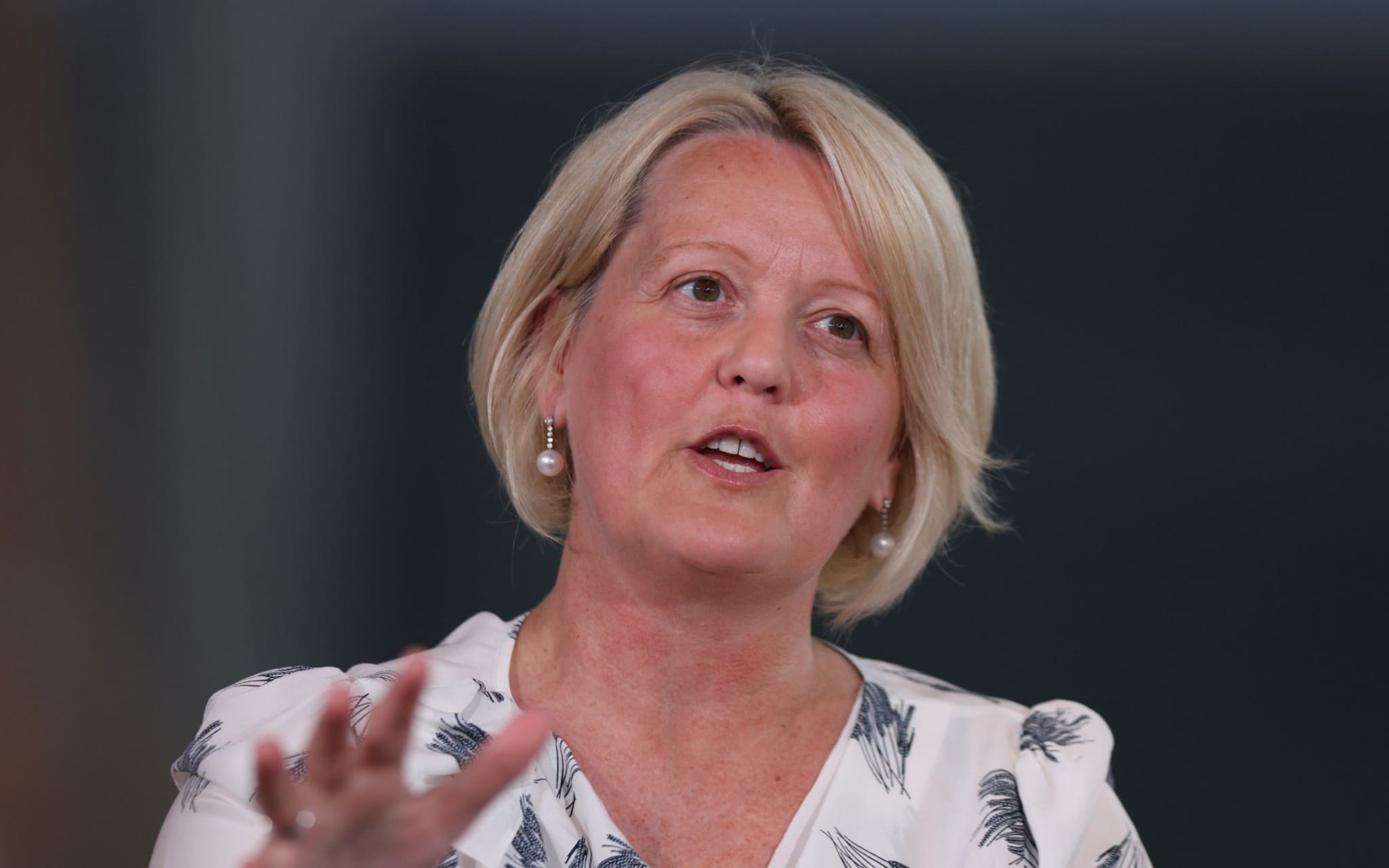The CEO of a major British bank has resigned after admitting to leaking the private banking information of high-profile conservative broadcaster Nigel Farage to the BBC after he was “de-banked” for his political views.
Dame Alison Rose, the CEO of NatWest Group, revealed on Tuesday that she had briefed the British state broadcaster about Farage’s private banking arrangements after the former UKIP and Brexit Party leader went public about a decision made by an unnamed bank to close his accounts and withdraw their services.
After Farage went public with the story and claimed the decision to debank him was politically motivated, the BBC’s business editor Simon Jack published a story that not only named the prestigious Coutts bank, a part of NatWest Group, as the bank in question, but cited an anonymous source who suggested that Farage’s accounts had been closed due to him falling below the minimum balance required to remain a customer.
“People familiar with Coutts’ move said it was a ‘commercial’ decision,” Jack wrote, publishing a quote from his source that stated: “The criteria for holding a Coutts account are clear from the bank’s website. Coutts requires its customers to borrow or invest at least £1 million with the bank or hold £3 million in savings.”
[pp id=86241]
However, a dossier later acquired by Farage via a subject access request from the Coutts Wealth Reputational Risk Committee revealed the murkier reality that the conservative’s accounts were closed after officials decided the former front-line politician’s views did not align with the bank’s values.
It was reported in the British press that Dame Alison Rose, who earned more than £5.2 million last year, sat next to Simon Jack at a charity dinner event in central London the day before Jack’s story was published, and she finally accepted she was the source of the leak on Tuesday evening.
“I recognize that in my conversations with Simon Jack of the BBC, I made a serious error of judgment in discussing Mr. Farage’s relationship with the bank,” Dame Alison said in a statement.
“In response to a general question about eligibility criteria required to bank with Coutts and NatWest I said that guidance on both was publicly available on their websites. In doing so, I recognize that I left Mr. Jack with the impression that the decision to close Mr Farage’s accounts was solely a commercial one.”
She insisted that she was not part of the decision-making process to de-bank Farage and claimed not to have been in receipt of the dossier subsequently published by the conservative.
“I have apologized to Mr. Farage for the deeply inappropriate language contained in those papers and the Board has commissioned a full independent review into the decision and process to ensure that this cannot happen again.
“Put simply, I was wrong to respond to any question raised by the BBC about this case. I want to extend my sincere apologies to Mr. Farage for the personal hurt this has caused him and I have written to him today,” she added.
Despite the Natwest Group board initially expressing its “full confidence” in Dame Alison’s ability to continue in her role, the board met late on Tuesday evening to determine her future after pressure from Downing Street for her to step down.
Calls for her resignation were echoed by Farage himself on his GB News show on Tuesday, insisting Dame Alison was “unfit” for the role.
“This is a serious breach. I hadn’t said to anybody that the bank I was having trouble with was Coutts. She chose to put it into the public domain with Simon Jack. She broke an essential confidence,” he added.
Her resignation was announced on Wednesday by Sir Howard Davies, the chairman of the NatWest Group board, who said in a statement: “The board and Alison Rose have agreed, by mutual consent, that she will step down as CEO of the NatWest Group. It is a sad moment.
“She has dedicated all her working life so far to NatWest and will leave many colleagues who respect and admire her,” he added.






